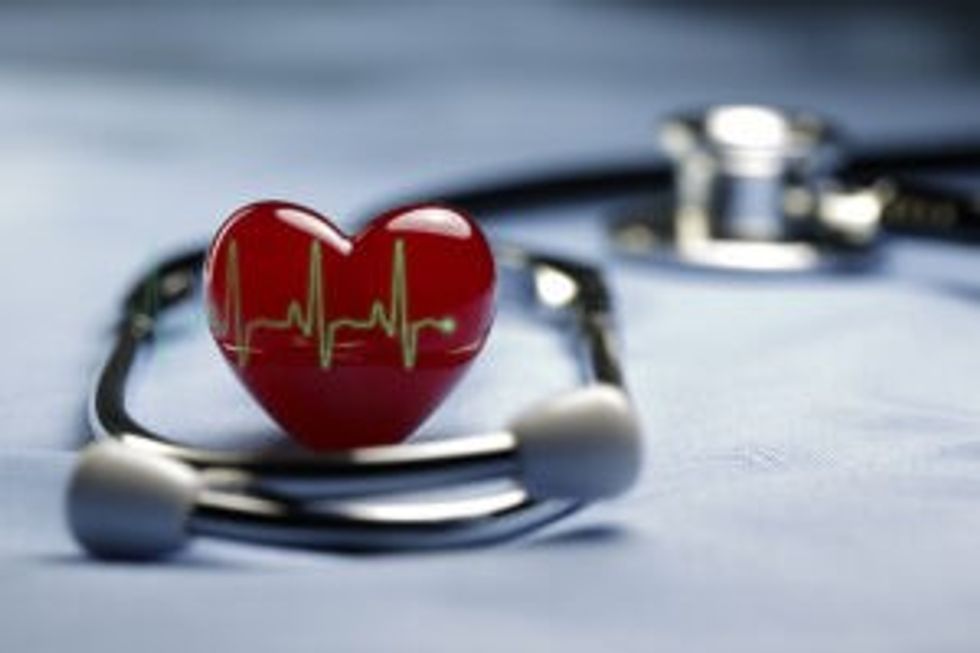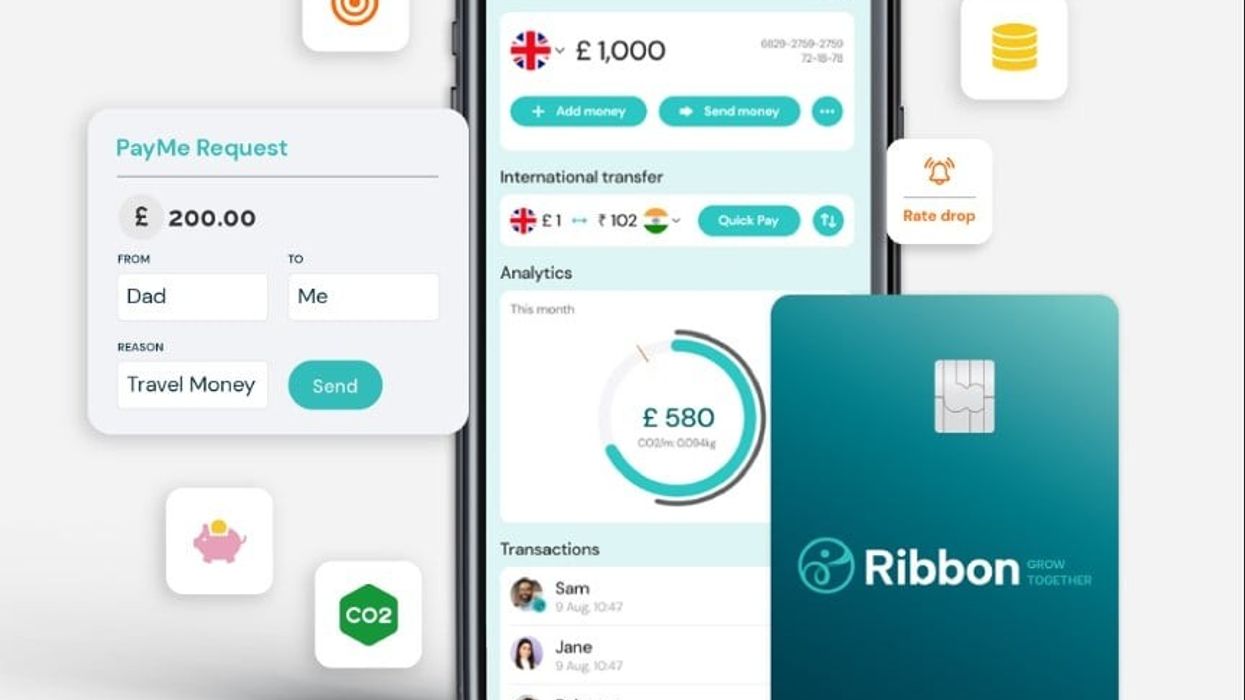HEART ATTACKS account for approximately 80,000 hospital admissions in England each year, and at least seven out of 10 people survive them.
This number rises to nearly nine out of 10 (94 per cent) for those who get to the hospital and get the right care.
Although chest discomfort is one of the most recognised symptoms of a heart attack, other symptoms like shortness of breath, feeling lightheaded or dizzy, a sense of unease, or an overpowering feeling of anxiety may go unnoticed.
Professor Nick Linker, cardiologist and national clinical director for heart disease at NHS England says: “People who are experiencing a heart attack often describe it as a sensation of squeezing or tightness across the chest, along with other symptoms such as sweating, nausea or a sense of unease.

“It can be easy to dismiss the early signs of heart attack as they don’t always feel severe, but it is never too early to dial 999 and describe your symptoms – the faster you act, the better the chance of a full recovery.”
A recent survey published by NHS England reveals a lack of confidence in the south Asian community in recognising the symptoms of a heart attack, with nearly half (44 per cent) of south Asians saying they were not confident that they could recognise the signs.
‘... WISE UP ON THE SYMPTOMS – IT COULD JUST SAVE SOMEONE’S LIFE’

FIVE years ago, Rifhat Malik MBE from Leeds was admitted to hospital with indigestion-like pains, nausea and chronic fatigue.
“At the time it was Ramadan, and so I simply put my symptoms down to fasting,” says Rifhat.
“I had a major charity fundraising event to organise, and so pushed myself to crack on with it despite not feeling quite right. However, afterwards, my friends insisted that I go to hospital to have my symptoms checked out.
“After being driven to A&E and seen by doctors, I was told I was having a heart attack.
“I was in shock, as was my husband. An angiogram showed a blockage in my right coronary artery, and so I was sent for heart surgery to have two stents inserted.”
Rifhat realises she was exceptionally lucky to have been pushed by friends to go to the hospital.
“Heart disease runs in my family, so I should have known better.
“However, the signs of my heart attack were not severe, so I dismissed them at the time.
“Seeking medical advice at those early stages of my heart attack, most probably saved me from a more dire situation.
“I strongly advise our south Asian communities to wise up on the symptoms – it could just save yours, or someone else’s life.”
Symptoms of a heart attack can include:
Chest pain – a feeling of pressure, heaviness, tightness or squeezing across your chest
Pain in other parts of the body – it can feel as if the pain is spreading from your chest to your arms (usually the left arm, but it can affect both arms), jaw, neck, back and tummy
Feeling lightheaded or dizzy
Sweating
Shortness of breath
Feeling sick (nausea) or being sick (vomiting) l An overwhelming feeling of anxiety (similar to a panic attack)
Coughing or wheezing
Do you know the difference between a Heart Attack and Cardiac Arrest?
A HEART ATTACK occurs when the supply of blood to the heart becomes blocked, which can starve it of oxygen, potentially causing serious muscle damage, but the person will be conscious and breathing.
A CARDIAC ARREST is different – it usually occurs suddenly and without warning with the person quickly losing consciousness. Their heart stops, they will have no pulse and sadly people experiencing a cardiac arrest will usually die within minutes if they do not receive treatment. A heart attack can lead to a cardiac arrest.





















